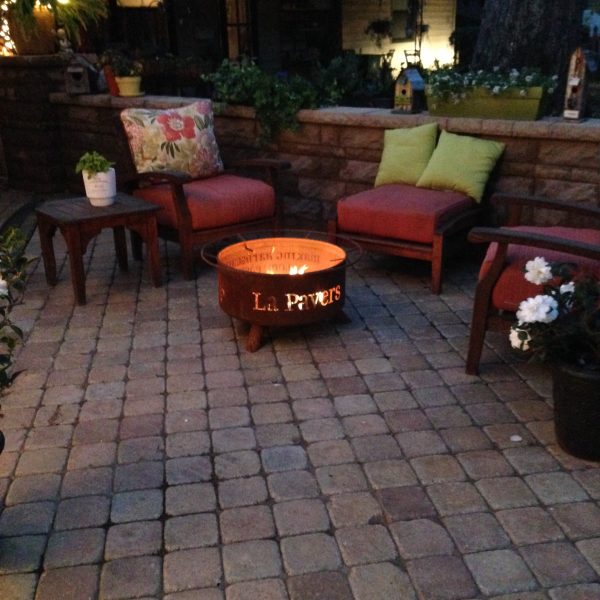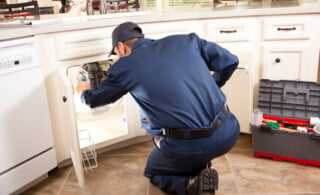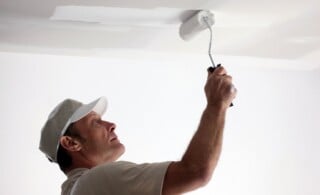
According to the Mayo Clinic, stress can be linked to a whole slew of problems including chest pain, high blood pressure, depression, crying spells, and relationship conflict. The Institute of Science, Technology, and Public Policy (ISTPP) tells us that, “Ninety percent of disease is caused or complicated by stress.” Obviously, stress is something that shouldn’t be ignored, especially if it affects us where we should be feeling our best: at home.
Enhance Your Bedroom to Reduce Stress
Getting a good night’s sleep is one of the most important parts of reducing stress in our everyday lives. Factors like light, noise, and temperature can easily have a profound effect on how we sleep. If you have problems with too much noise when you sleep, consider installing some sound dampening material on your walls and ceiling. If too much light leaks into your windows, try replacing your existing window dressing with blackout curtains. Installing a small heater and/or air conditioning unit where you sleep can give you control over how your bedroom feels no matter what the rest of the house is like.
Get Your Exercise at Home
In some climates, going outdoors is not always the most pleasant experience in the world. The commute to and from the gym combined with the sometimes over-stimulating environment that goes hand in hand with many fitness centers can be a bit much for many people. Since exercise is a proven stress-reducer, creating a space in the home to get a workout (which can be used all year round no matter what the weather looks like) might be just what the doctor ordered.
Boost the Relaxation Potential of Your Bathroom
Few things are as relaxing as a warm dip in the tub. Instead of racing through your morning shower, take the time to have a good bath every once in a while. To make the experience even better, consider finding an electrician in your area to install a dimmer switch and reduce the harshness of bathroom lighting. (If you are already a bath connoisseur, you can boost your tub scrubs with home spa equipment)
Stress Reduction in the Kitchen?
Though hiring a professional organizer to make a few storage enhancements might make preparing a meal less stressful, experts say that the real stress reducer in the kitchen comes by altering what you eat. Getting three square meals a day is important, and making sure those meals are healthy and nourishing is a key factor in not just stress reduction, but in maintaining a healthy body overall.
Reducing Stress in Living Rooms and Dens
Too much TV is obviously a bad thing in many respects, but taking the time to sit back and watch a comedy can actually reduce stress. Even better, you can use that incredible sound system to listen to relaxing music or turn it off altogether and curl up on the couch or your favorite chair with a good book (both of which are excellent stress reducers).
Home Office Stress Reduction
While it is easy to see the benefits of working from home, having everything you’re responsible for in the place that’s supposed to be your own personal refuge can get stressful really quickly! Those who work at home should make sure to separate their work from their leisure in time as well as space. The cost of a home office may be surprisingly affordable. Separating your office from other areas of the home (preferably with a door that closes and a scheduled amount of “regular business hours”) can help make the transition from work-mode to home-mode more defined, and can allow you to fully enjoy yourself during your time off.
 Build Your Own Home From Around the World
Build Your Own Home From Around the World  Why Business is Booming for Mechanical Contractors, and What That Means for Home Improvement
Why Business is Booming for Mechanical Contractors, and What That Means for Home Improvement  How to Paint a Ceiling – Tips & Best Practices
How to Paint a Ceiling – Tips & Best Practices  Home Sales Decline Amid High Prices and Low Supply
Home Sales Decline Amid High Prices and Low Supply  What Do I Do If My Home Has Mercury?
What Do I Do If My Home Has Mercury? 

Are You Familiar With This Topic? Share Your Experience.